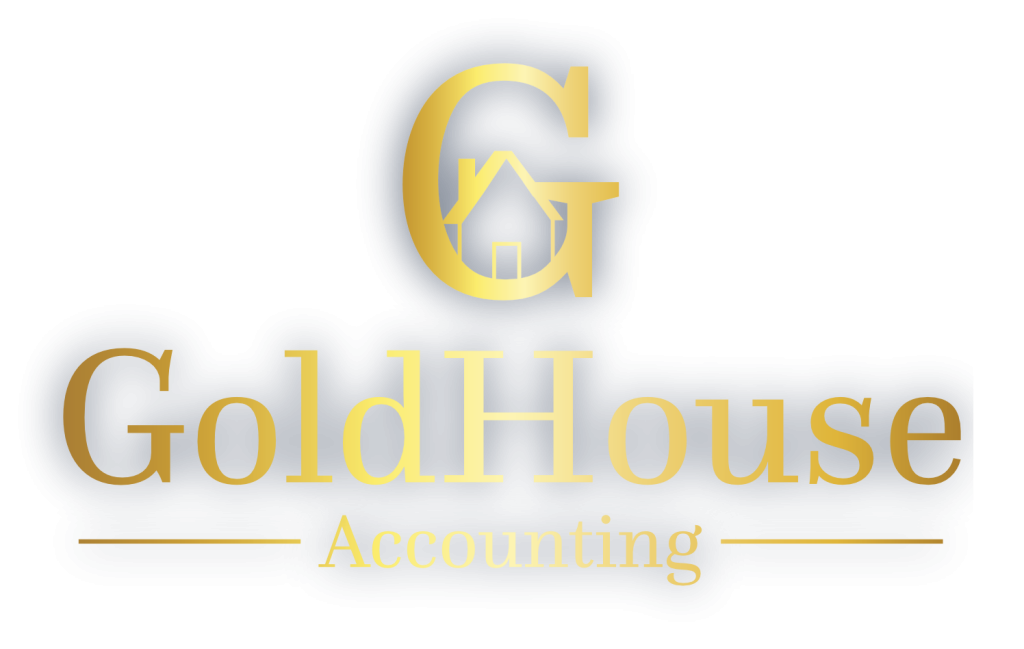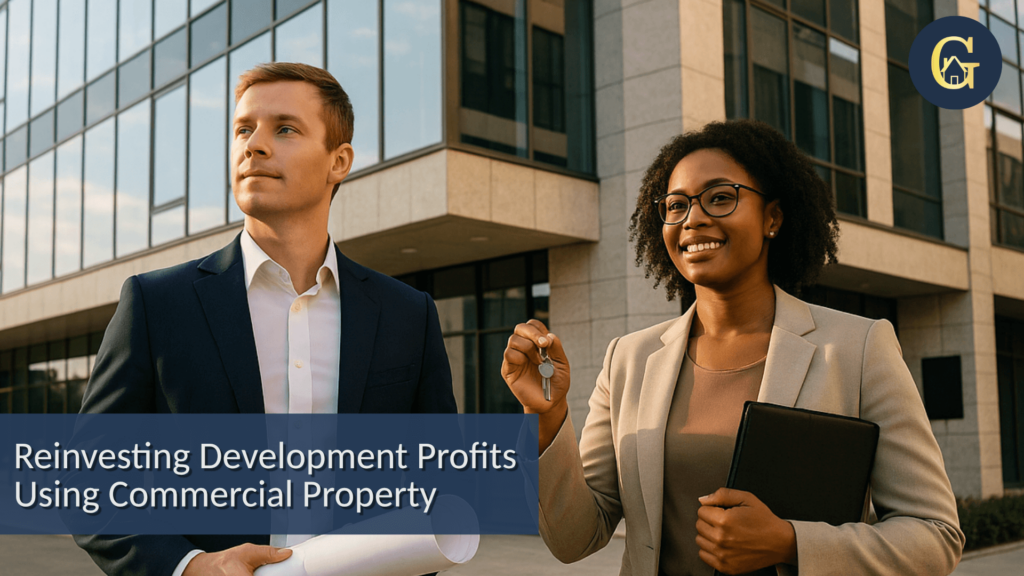You’ve completed your development, the profit is in… now what? For many developers and business owners, the next decision isn’t just about spending or saving. It’s about where to invest that profit to build long-term wealth and reduce future tax bills.
Commercial property is increasingly on the radar for those looking to diversify income, stabilise cash flow and create a more tax-efficient structure. But is it right for you?
What Comes After the Flip?
Once you’ve sold a site and extracted profit, it’s tempting to move straight into the next deal. But development is high risk and cash sitting in your company can become inefficient fast, especially when Corporation Tax eats into your margin.
That’s why many of our clients look to reinvest development profits into assets that offer more stability, long-term income and tax advantages – and commercial property ticks a lot of those boxes.
Why More Developers Invest Profits Into Commercial Property
Unlike residential flips or buy-to-lets, holding commercial property, rather than flipping, offers:
- Longer leases with established tenants
- Fewer tenant management issues
- Potential for capital allowances
- Higher yields in certain sectors (e.g. industrial, retail parks)
- Opportunities for value-add through planning or lease re-gearing
For developers who’ve just sold a site or completed a project, commercial property investment offers a compelling bridge between high-return projects and safer investments.
Tax Benefits: Capital Allowances, Lease Structuring, Pension Ownership
One of the biggest advantages of commercial property is the tax planning flexibility it offers.
- Capital Allowances can be claimed on qualifying plant and fixtures – reducing your taxable profit significantly. This alone can save tens of thousands in Corporation Tax over the first few years.
- If structured through a SSAS pension, commercial property can be purchased tax-free, with rental income growing inside the pension wrapper and protected from Inheritance Tax.
- You can lease commercial property back to your own business, generating deductible rent payments while retaining ownership – a common strategy for entrepreneurs with trading companies.
At GoldHouse, we ensure commercial acquisitions are set up with the right structure to maximise these benefits from day one.
Comparing Residential and Commercial Returns
While residential property often has broader appeal, commercial can offer stronger fundamentals, if you know what you’re doing.
Residential:
- Higher capital growth potential (in many locations)
- More frequent tenant turnover
- Greater legislative burden (especially with EPC and licensing changes)
- Stamp duty surcharges and restricted mortgage relief
Commercial:
- Longer lease terms = more stable income
- More flexibility around lease agreements
- Lower SDLT rates and fewer regulatory burdens
- Typically higher yields, especially in secondary towns or business parks
That said, commercial assets can sit vacant for longer if not well positioned and resale liquidity may be lower than residential.
Risks and Management Responsibilities
Commercial property isn’t risk-free. Vacant units can take months to let, tenant defaults can be costly and location strategy is critical. You also need to understand your obligations around:
- Repairing leases
- Health and safety
- Insurance responsibilities
- Business rates
You can reduce these burdens by working with a property manager or investing in simpler asset classes (e.g. storage units or industrial units with triple net leases), but this is not a passive investment without planning.
Building a Balanced Long-Term Portfolio
For many developers and entrepreneurs, the right strategy isn’t choosing residential or commercial – it’s building a balanced portfolio that supports long-term financial freedom.
That might mean:
- Reinvesting some profits into a commercial unit
- Holding certain assets in a SSAS or holding company
- Continuing to flip or develop selectively while building stable income streams
At GoldHouse, we help clients map their investment goals, reduce their tax exposure, and structure their holdings to protect wealth, not just grow it.
Book a strategy call with GoldHouse today and let us help you reinvest smarter. From structuring your next commercial deal to integrating it into your long-term financial plan, we’ll help you build clarity, reduce risk, and create wealth that lasts.



